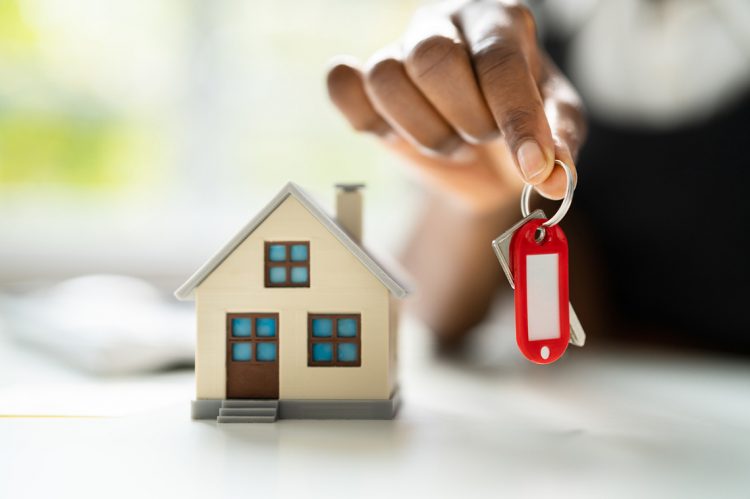Before you take out a home loan, there are some mortgage questions you need to ask. Choosing the wrong lender or home loan can affect your finances for years to come, so make sure you choose carefully.
But what are the right questions to ask a lender? We look at what to ask a lender so that you do not spend thousands more than you need to on a mortgage.
If you ask the questions we have outlined below and don’t like the answers, you can move on to another lender.
Let’s look at some of the questions you should ask.
Lenders and brokers will need to learn some information about you and your finances to find the best loan for you. Using a broker that takes the time to properly assess your situation should mean their recommendation is a better fit.
Some of the questions to ask a mortgage broker include making sure they explain the advantages and disadvantages of the different loan options. You can choose fixed or adjustable-rate mortgages and interest-only or negative amortization loans.
These different types of loans suit borrowers in different circumstances, so you must be clear on your plans.
What is the interest rate and APR on the loan?
The annual percentage rate (APR) is the interest rate plus all the other fees added by the lender and then divided by the repayment term. However, there isn’t a standard way of calculating the APR, and different brokers could give you varying APRs.
Also, the APR can’t be calculated accurately if you want to take out an adjustable-rate mortgage. The APR will also be wrong when paying off the mortgage faster. And with an adjustable rate loan, you will need to know the adjustment frequency of the rate and the maximum annual adjustment.
Do they offer an interest rate lock?
Interest rates change daily, and locking them could save you cash if you expect them to rise. Your lender might charge 1% to lock the interest rate, but before you do this, there are some questions to ask a lender.
They might charge a fee for arranging this; you need to know if all the costs are protected. You will want to know how long it will last, and you will need this in writing.
Ask about discount points
An alternative to an interest rate lock is to buy discount points. A discount point costs 1% of the loan value and reduces the interest rate on the loan. The more points you buy, the lower interest you will pay, which is also tax-deductible.
Paying points makes the most sense when you know you’ll be in the home for a while.
How much down payment will I need to save?
Though the standard was 20% of the purchase price, lower down payments are generally acceptable. A 3% down payment is available with some loans, but there are some downsides to putting less down.
Private mortgage insurance must be paid until you have 20% equity in the home. Better rates and terms are generally offered to borrowers with 20% down.
What is the credit score requirement for the best rates?
Is there a minimum credit score I need to ensure I get the best mortgage terms? If so, what is it? Would you advise working on improving my credit score first before applying for a loan?
What are the loan costs?
When you are approved for a mortgage, there will be lender fees and other costs that you will have to pay. This will include origination, appraisal, inspection, recording fees, taxes, and escrow costs. Your lender will give a loan estimate that will detail these charges, and these costs will be different for different lenders.
Are there repayment penalties?
If you repay your loan early, the lender could require you to pay 6 months of additional interest. However, this practice has been outlawed in some states, though you should ensure the situation in your case.
Is the loan approval in-house?
If your lender completes the underwriting themselves, the process will be quicker. FHA and VA loans frequently take more time to approve as they send them to be approved by those government agencies.
How long will it take for the loan to fund?
A loan can take more than 40 days to fund after final approval. A date for closing on a house must be included in the purchase contract, so this needs to be coordinated with the lender. You also need to find out if any likely problems could slow down the process.
Does closing have any guarantees?
If your lender doesn’t close the transaction to fund your purchase when expected, it will cause some problems. You could find you need to pay additional costs, so does your lender guarantee the closing date?
Final thoughts
Getting all your mortgage questions answered upfront is essential before committing to a mortgage lender. Make sure you get satisfactory answers and choose the best lender for your needs.












